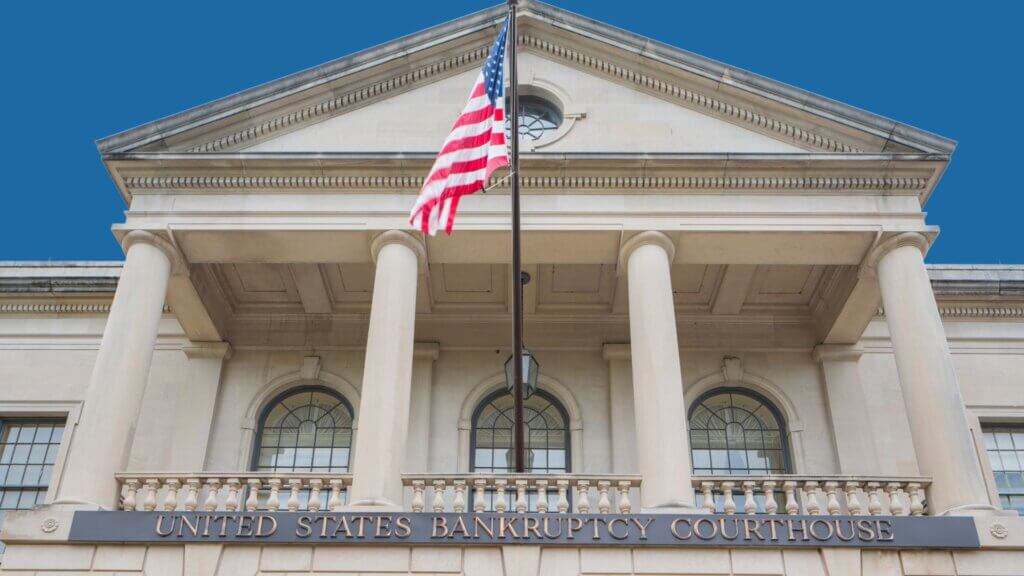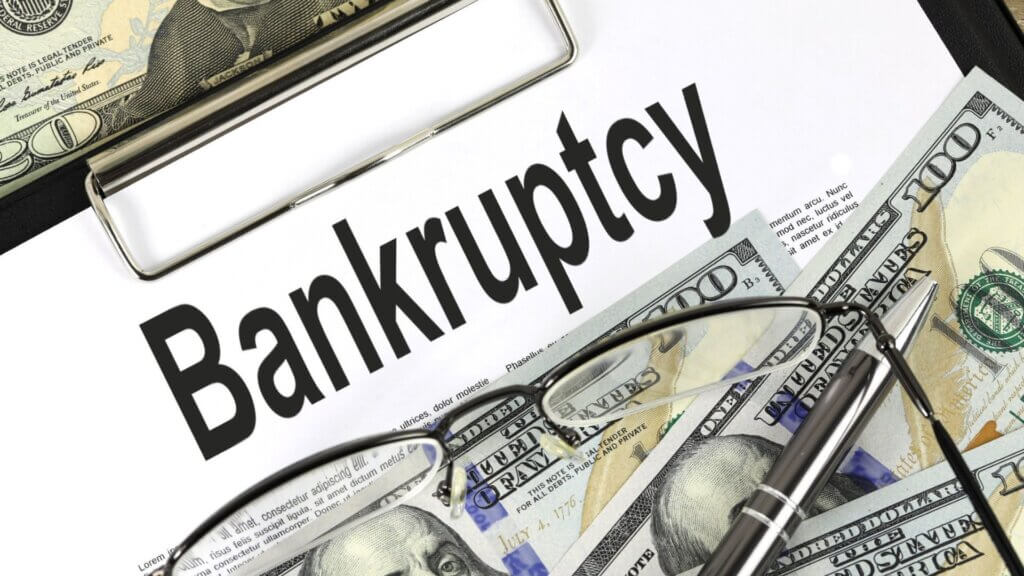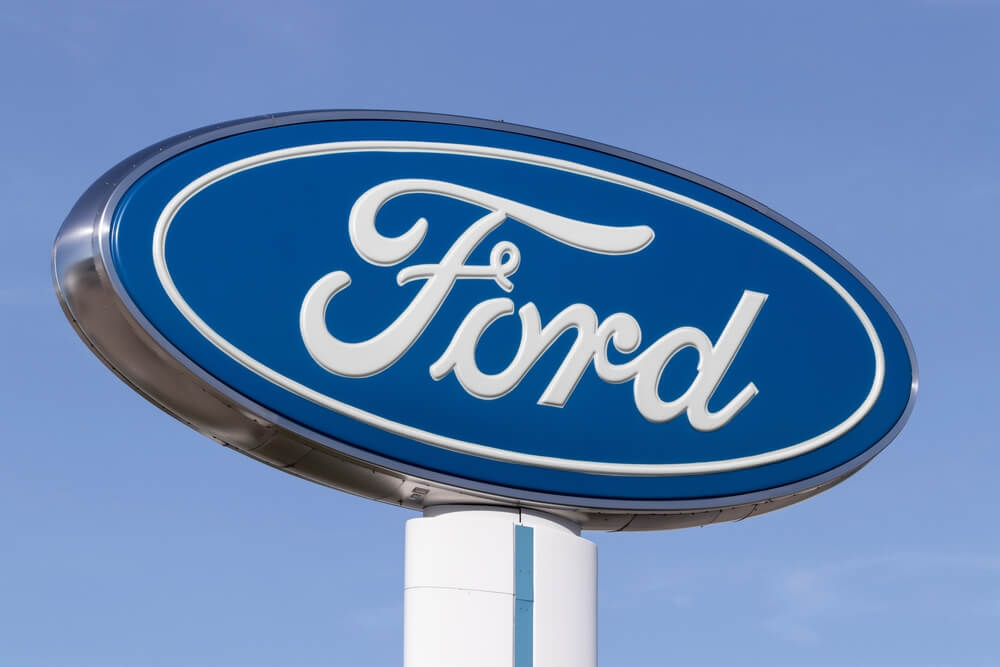Products are selected by our editors, we may earn commission from links on this page.

Financial analysts and banking leaders are concerned as a wave of auto company bankruptcies may be signaling early stress in the U.S. economy. These experts believe this isn’t just an isolated issue, which means everyone should pay attention.
Who Is Jamie Dimon?

Jamie Dimon is the CEO of JPMorgan Chase, one of the largest and most influential banks in the country. He often speaks out on economic realities is known for addressing these realities bluntly. Recently, Dimon warned that recent auto industry bankruptcies could be a sign of vulnerabilities in the credit system.
Auto Bankruptcies Rise

Several dealerships, parts suppliers, and finance companies have filed for bankruptcy in recent months. One of which is Tricolor Holdings, an auto lender that recently collapsed due to fraud allegations. In response, JPMorgan took a $170 million charge off relating to its exposure.
What We Can Predict

Historically, trouble in this sector tends to be an indicator of economic downturns. Cars are big purchases often financed by loans with thin margins. If defaults rise, banks and credit providers feel the impact quickly. Analysts worry these bankruptcies may foreshadow rising defaults across consumer and business lending more broadly.
Why Is It Worrisome?

Credit markets are already under pressure from high interest rates, inflation, and geopolitical uncertainty. When a sector like autos begins to crack, it may cause this pressure to build and spread to other sectors. Dimon stated, “When you see one cockroach, there are probably more… Everyone should be forewarned on this one.”
Private Credit & Shadow Lending

Part of the concern centers around so-called “private credit” or non-bank lending. These are loans made by funds, specialty lenders, or shadow institutions. These entities often operate with less transparency and regulatory oversight. When auto companies backed by private credit fail, it raises questions about risk exposure behind the scenes.
Signs of Overextension

Many analysts ave noted the loose regulation around credit loans in recent years, which might be covering up weaknesses in the industry that could bubble over if the economy is to take a downturn. As more firms default, those hidden risks and overextensions become impossible to ignore.
Investor Behavior Shift

Banks and institutional investors are reassessing their loan books, tightening underwriting standards, and reducing exposure to high-risk sectors. Some firms are raising their loan-loss reserves in anticipation of further losses.
Broader Economic Signal

If more bankruptcies follow, they could compound stress on employment, supply chains, and household finances. The auto sector is involved with other sectors such as parts manufacturing, raw materials, logistics, and more. A downturn there could feed into unemployment, debt strain, and weaker consumer spending.
Conclusion

Auto company bankruptcies might be an indicator of much deeper weakness in the credit loan industry, which has major implications on the county’s economy as a whole. Dimon wants people to be aware of these arning signs.
